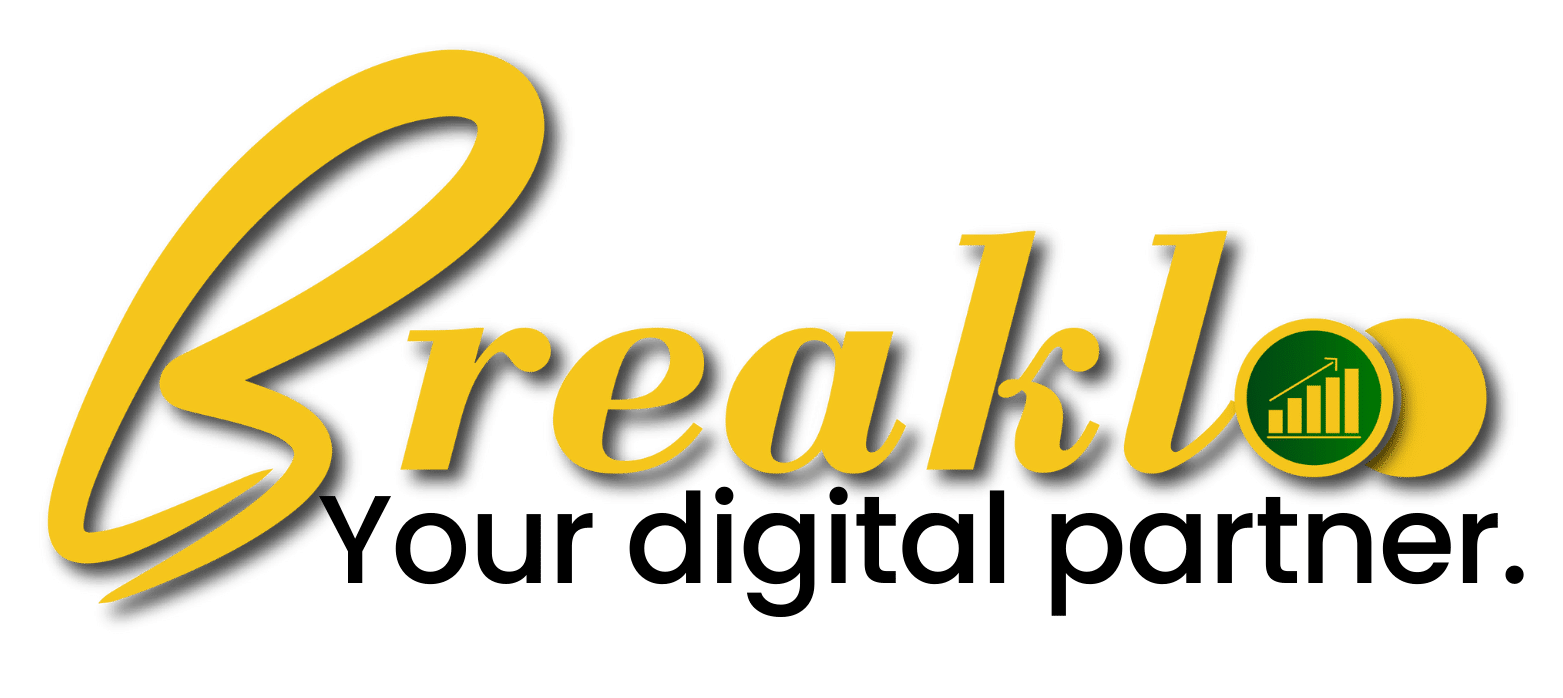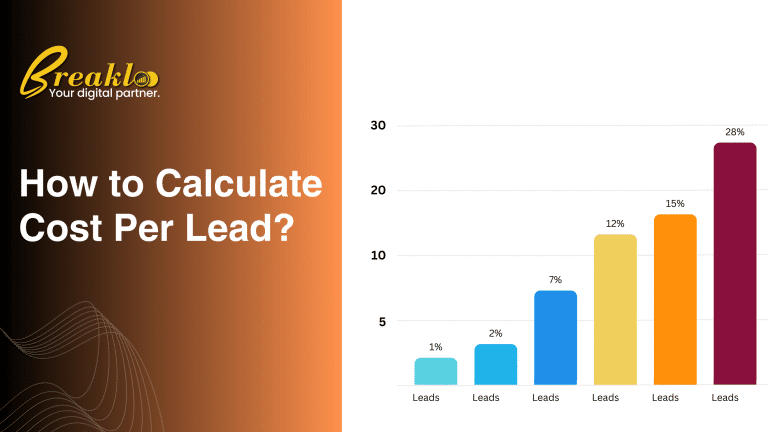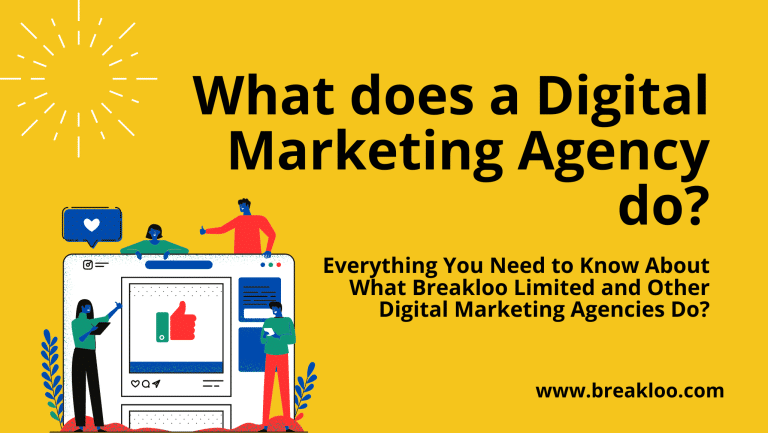Digital Marketing
Digital marketing has become an essential component of business operations. It’s a way for businesses to connect with their customers, promote their products and services, and grow their brand. However, with so many digital marketing options available, it can be challenging to determine which strategies are most effective for your business. In this article, we’ll explore the three key steps that every business can take to create an effective digital marketing plan.
Step 1: Define Your Goals
Before starting any digital marketing campaign, it’s essential to define your goals. What do you want to achieve with your digital marketing efforts? Are you looking to increase brand awareness, generate leads, increase sales, or all of the above? Once you’ve identified your goals, you can start to develop a plan to achieve them.
To help you define your goals, consider the following questions:
- What are your business objectives?
- Who is your target audience?
- What challenges does your target audience face?
- What value can your business offer to your target audience?
By answering these questions, you’ll be able to create a clear picture of your goals and the strategies that will help you achieve them.
Step 2: Develop a Strategy
Once you’ve identified your goals, the next step is to develop a digital marketing strategy. Your strategy should outline the tactics and channels you’ll use to achieve your goals. This can include social media marketing, email marketing, search engine optimization (SEO), content marketing, and more.
To develop an effective strategy, consider the following:
- Your target audience: Who are you trying to reach? Where do they spend their time online?
- Your budget: How much money do you have to allocate to digital marketing? How will you allocate those funds?
- Your competition: Who are your competitors? What are they doing in terms of digital marketing, and how can you differentiate yourself?
- Your messaging: What message do you want to communicate to your target audience? How will you communicate that message through your digital marketing efforts?
Once you’ve developed your strategy, it’s essential to monitor your results and adjust your tactics as needed. Digital marketing is an iterative process, and you’ll need to continually evaluate your efforts to determine what’s working and what’s not.
Step 3: Implement and Measure
With your goals and strategy in place, it’s time to implement your digital marketing plan. This includes creating content, launching campaigns, and engaging with your audience across various digital channels.
To ensure the success of your digital marketing efforts, it’s essential to measure your results. This includes tracking key performance indicators (KPIs) such as website traffic, social media engagement, lead generation, and sales. By monitoring your KPIs, you can identify areas for improvement and adjust your strategy accordingly.
In addition to monitoring your KPIs, it’s also essential to stay up-to-date with the latest trends and best practices in digital marketing. This can include attending industry events, reading industry publications, and participating in online communities.
Digital Marketing for Small Businesses
Digital marketing has become a vital component of any business, regardless of its size. It is a cost-effective way for small businesses to reach out to their target audience and promote their products or services. In this article, we will discuss digital marketing strategies that small businesses can use to enhance their online presence and drive traffic to their website.
Develop a strong website
A business website is the foundation of its online presence. It is the first point of contact for potential customers and needs to create a positive impression. Therefore, small businesses need to invest in developing a strong website that is user-friendly and visually appealing. The website should be optimized for search engines, which will help it rank higher in search engine results pages (SERPs). A responsive website that is accessible from all devices is also essential.
Search engine optimization (SEO)
SEO is the process of optimizing a website to rank higher in SERPs for specific keywords and phrases. SEO helps to drive organic traffic to a website and is an effective way for small businesses to gain visibility and credibility. Some SEO tactics that small businesses can use include keyword research, on-page optimization, and building backlinks. It is important to note that SEO is a long-term strategy that requires patience and consistent effort.
Pay-per-click advertising (PPC)
PPC advertising is a digital marketing strategy that involves paying for ads that appear on search engine results pages. Small businesses can use PPC to drive traffic to their website and increase conversions. Google Ads and Facebook Ads are two popular PPC platforms that small businesses can use to reach their target audience. PPC advertising requires careful planning and monitoring to ensure a positive return on investment (ROI).
Content marketing
Content marketing is the process of creating and sharing valuable content that attracts and engages a target audience. Small businesses can use content marketing to establish themselves as industry experts, build trust with their audience, and drive traffic to their website. Some types of content that small businesses can create include blog posts, infographics, videos, and e-books. Content marketing requires a consistent effort and a deep understanding of the target audience.
Email marketing
Email marketing is a cost-effective way for small businesses to stay in touch with their audience and promote their products or services. Small businesses can use email marketing to send newsletters, promotional offers, and updates to their subscribers. Email marketing requires a well-structured email list and relevant, engaging content that adds value to the subscribers.
Social media marketing
Social media platforms are a powerful way for small businesses to reach out to their target audience, build brand awareness, and drive traffic to their website. Small businesses should identify the social media platforms that their target audience uses and create a social media marketing strategy that aligns with their goals. Some popular social media platforms include Facebook, Twitter, Instagram, LinkedIn, and Pinterest.
Online reviews and reputation management
Online reviews are a critical factor in a small business’s online reputation. Positive reviews can enhance a business’s credibility and attract more customers, while negative reviews can harm a business’s reputation. Small businesses should actively manage their online reputation by monitoring reviews, responding to feedback, and addressing any negative comments.
Analytics and data tracking
Analytics and data tracking are essential components of any digital marketing strategy. Small businesses should track their website traffic, engagement metrics, and conversion rates to identify what is working and what needs improvement. Google Analytics is a free tool that small businesses can use to track their website performance and gain valuable insights into their audience.
Influencer marketing
Influencer marketing is a popular digital marketing strategy that involves partnering with social media influencers to promote a business’s products or services. Small businesses can leverage influencer marketing to reach a wider audience and increase their brand awareness. Influencer marketing can be costly, so small businesses should carefully choose influencers that align with their brand and audience.
Mobile optimization
With more and more people accessing the internet through mobile devices, it is essential for small businesses to optimize their website for mobile devices. A mobile-friendly website will provide a better user experience, improve search engine rankings, and increase website traffic. Small businesses should ensure that their website is responsive and accessible from all devices.
Video marketing
Video marketing is an effective way for small businesses to engage their audience and showcase their products or services. Small businesses can create videos that provide tutorials, product demos, and behind-the-scenes glimpses of their business. Video marketing can be shared on social media platforms, email newsletters, and a business’s website.
Chatbots
Chatbots are automated messaging systems that can engage with website visitors and provide quick responses to their questions. Chatbots can improve customer engagement, increase website conversion rates, and reduce customer service costs. Small businesses can use chatbots to provide 24/7 customer support and improve their online user experience.
Local SEO
Local SEO is the process of optimizing a website for local search results. Small businesses can leverage local SEO to improve their visibility in local search results and attract more customers to their brick-and-mortar store. Local SEO tactics include creating local business listings, optimizing website content for local keywords, and earning local backlinks.
Webinars
Webinars are online seminars that provide valuable information and education to attendees. Small businesses can use webinars to showcase their expertise, engage with their audience, and promote their products or services. Webinars can be recorded and shared on a business’s website, social media platforms, and email newsletters.
Retargeting
Retargeting is a digital marketing strategy that involves showing ads to people who have previously visited a business’s website. Retargeting can be a powerful way for small businesses to convert website visitors into customers and improve their ROI. Retargeting can be done through PPC advertising platforms and social media advertising platforms.
Bottom line
Digital marketing is a critical component of any small business’s marketing strategy. Small businesses should develop a strong website, optimize it for search engines, use PPC advertising, implement content marketing, leverage email marketing and social media marketing, actively manage their online reputation, monitor analytics and data tracking, and adjust their strategies as needed. With the right digital marketing strategies and tools, small businesses can effectively compete with larger companies and reach their target audience in the digital world.
Top trending articles “digital marketing agency”:
“cost per lead formula” Click here – Cost Per Lead Formula With Example
“website vs web application” Click here – Website Vs Web Applications
how to “rank higher on google” Click here – How to Rank Higher on Google
“digital marketing agency” Click here – Digital Marketing Agency
“best website development company” Click here – Best Website Development Company
“ecommerce website development company” Click here – eCommerce Website Development Company
“advanced digital marketing” Click here – Advanced Digital Marketing Article+PDF’s



